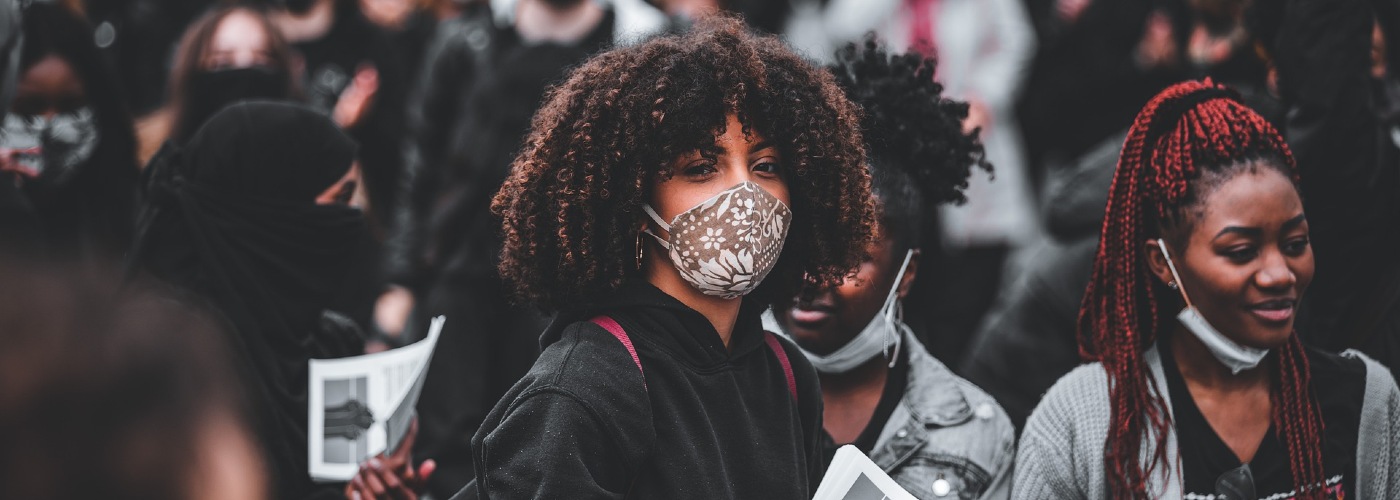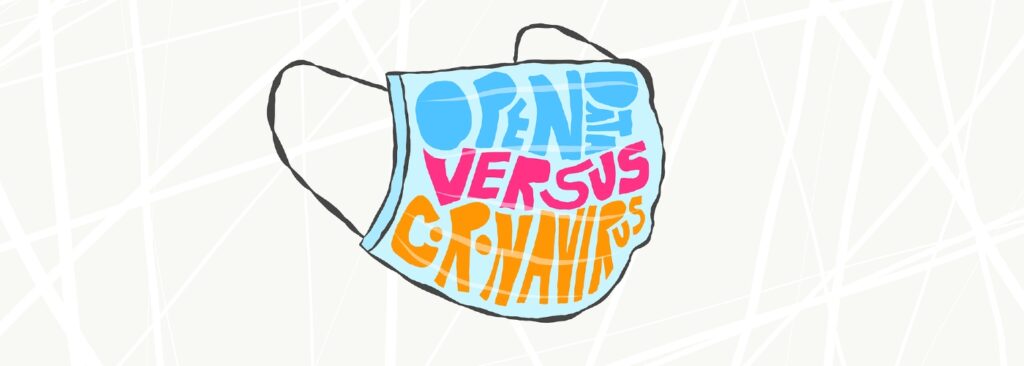By Sally Akinyi and Mumbi Mugo
The Covid-19 pandemic continues to have far-reaching consequences globally. Countries have been ravaged socially and economically, with public health systems on the brink of collapse and job losses rivaling the Great Depression. While governments have been swift to cushion citizens with medical responses, lockdowns and economic stimulus packages, too many of them have not been treated equally. Similarly, the virus has had extremely disproportionate impacts according to people’s income, gender, geography, race and ethnicity.
In lower middle-income countries, support from multilateral institutions, governments and UN agencies has been massive. Kenya, for instance, received $2 billion in grants to strengthen its fight against Covid-19 and over a million doses of the AstraZeneca-Oxford vaccine from the COVAX facility.
Weak transparency and accountability measures
However, in many countries the scourge of corruption has also been quick to respond – crippling the very social and economic relief support systems deployed to counter the effects of the pandemic. The lack of protective gear and equipment causing doctors to strike in Kenya, and a $420 million corruption scandal involving the state corporation Kenya Medical Supplies Agency (KEMSA), are a few examples of how deep-rooted corruption has hampered the Covid-19 response.
Kenya’s entrenched culture of secrecy still prevents proactive disclosure of actionable information.
So even as countries put their best foot forward to fight the pandemic, the lack of openness, transparency and accountability in their efforts must be addressed and remedied.
A survey was commissioned in Kenya by Hivos’ PROTECT program in 2020 to gauge the perceptions of stakeholders on the usability of Covid-19 data provided by the government. It revealed gaps in openness of data and raised red flags on the lack of transparency in public finance, budget allocations, source of funds, and resource allocation. This is a result of Kenya’s entrenched culture of secrecy that still prevents proactive disclosure of actionable information that can be used by citizens to demand accountability.
Kenya’s Open Government Partnership achievements
This year’s Open Government Week is being held against the backdrop of new opportunities arising from the desire to “build back better” from a pandemic that so clearly demonstrated the need for accountable and inclusive methods such as open data.
Originally an attempt to make government data available in multiple formats and freely accessible to all, the open data movement has been strengthened by the Open Government Partnership (OGP), in which governments pledge to be responsive and accountable to their citizens. Simply put, open data and open government (though not mutually exclusive) can tackle systemic injustices that deny citizens equal rights to a good quality of life.
Kenya, a member of the OGP, has done well in fulfilling its open governance mandate. As the first country in sub-Saharan Africa to “open” government data, it has enacted legislation like the Access to Information Act and the Companies Act, which has provisions on Beneficial Ownership. Both laws greatly advance transparency and accountability and boost disclosure of information. The Open Contracting Data Standards were adopted by the Access to Government Procurement Opportunities law that opens up public procurement opportunities to youth, women and persons with disabilities. And in 2018, Makueni County became the first sub-national government to adopt open contracting methods, with Elgeyo Marakwet County following suit in 2021 – moves that are transforming their procurement of goods and services.
Furthermore, in his presidential address on August 31, 2020, President Uhuru Kenyatta issued a directive mandating immediate transparency in all government-related procurement processes at national and sub-national levels.
But recovery from the Covid-19 pandemic requires much more
All these efforts are laudable, but much more needs to be done now to close corruption loopholes, fill data and information gaps, boost public engagement, and increase political will to ensure equitable country-wide distribution of Covid-19 resources, leaving no one behind.
A few steps can go a long way in enabling an open response.
This has been made even more painfully obvious by the problematic rollout of Kenya’s Covid-19 vaccination program, hampered by outright misinformation, confusion and profiteering.
As Kenya aims to recover from the Covid-19 pandemic, a few steps can go a long way in enabling an open response. First, Open Government approaches regarding public and civic participation should be intensified to ensure all Covid-19 recovery efforts build public trust, reach all citizens regardless of location, and minimize risks of corruption.
Secondly, there has been a lack of collaboration between the government and civil society in access to and translation of data. This can be remedied by fostering a political will and culture that increases dialogue and allows input in policy making.
Thirdly, to promote transparency the government should proactively disclose public information relating to budgets, allocations, disbursements and expenditure of Covid-19 funds and aid. This includes complying with Access to Information requests as outlined in by the constitution and the Access to Information Act of 2016.
The relevant authorities should fast-track their efforts to investigate suspected cases of procurement violations at the national and county levels, bring to book the individuals involved, and recover any resources stolen in the process.
Key government agencies that purchase medical goods and services for the containment of Covid-19 should adopt the Open Data Contracting Standards. This will enforce compliance with Executive Order 2 of 2018 that requires all procurement data to be published on the Public Procurement Information Portal (PPIP), including names of companies and individuals awarded Covid-19-related contracts.
Lastly, in light of Kenya’s current vaccine shortage, the government must use an open government approach in its subsequent vaccine rollouts to ensure equity and efficiency. This means clamping down on all corruption, using open data in vaccination programs and making sure marginalized groups are a top priority.
How Hivos is championing open response and recovery with local partners
In East Africa, Hivos is answering civil society’s call for openness, accountability and participatory governance in Kenya’s COVID-19 management. We do this through two programs, PROTECT and Openness 4 COVID-19 Response and Recovery (O4C19), that bring together specialized media, local activists and government frontrunners. The programs aim to increase equity, transparency and accountable governance by advocating for the use of open data and open contracting approaches, and by empowering citizens to demand public accountability based on actionable information.
Watch the webinar on transparency and accountability in the governance of Covid-19 data in Kenya:





